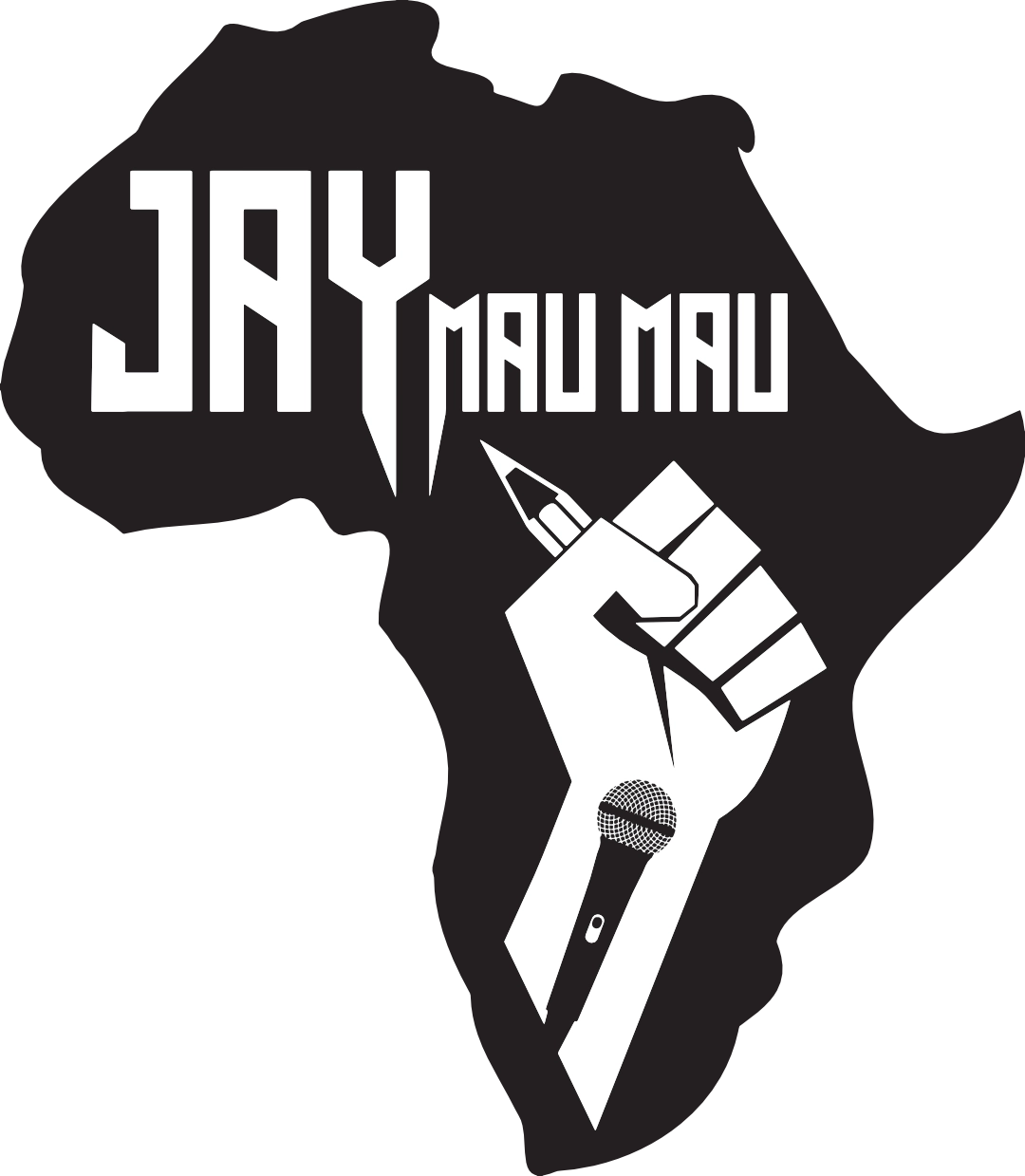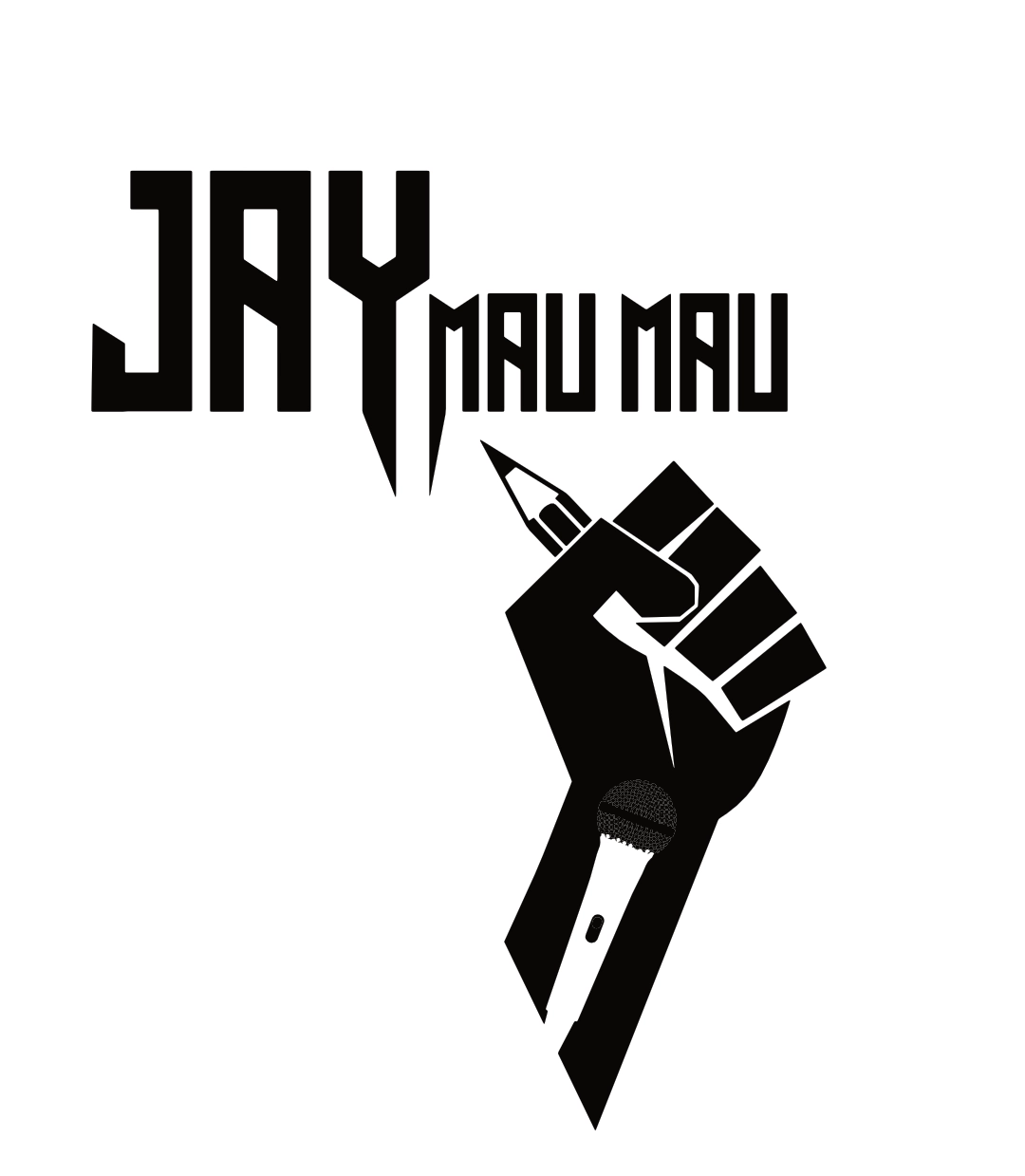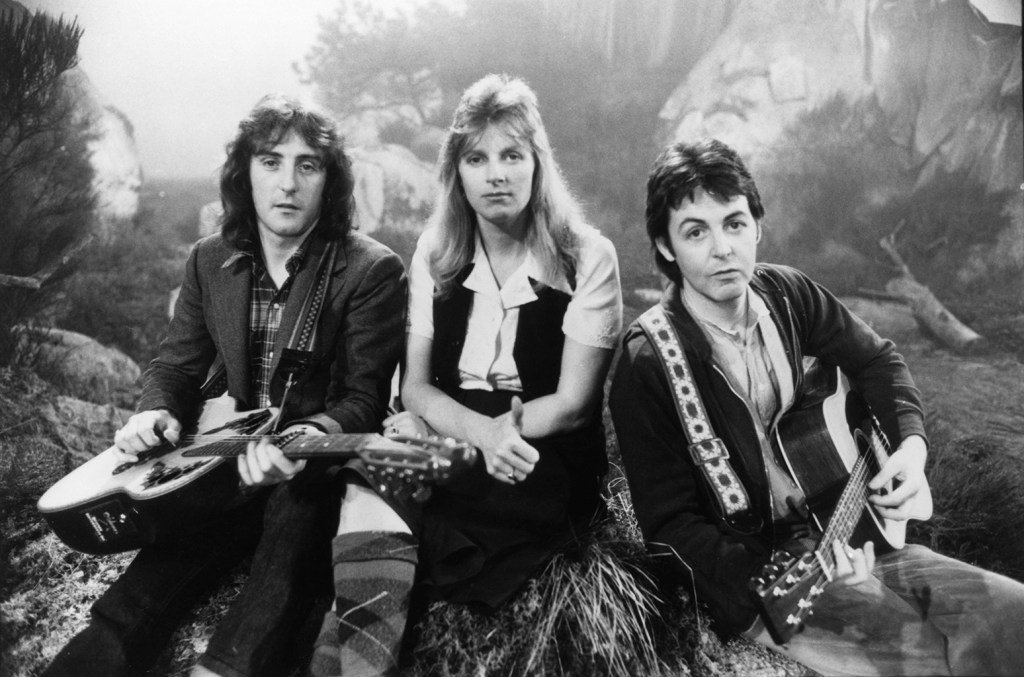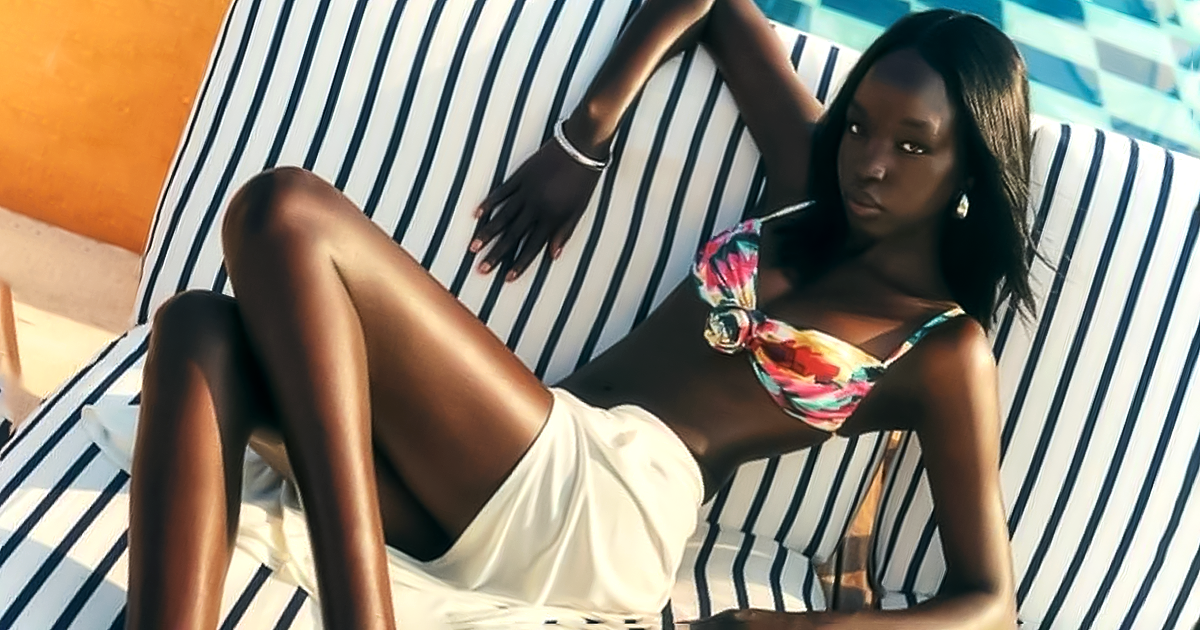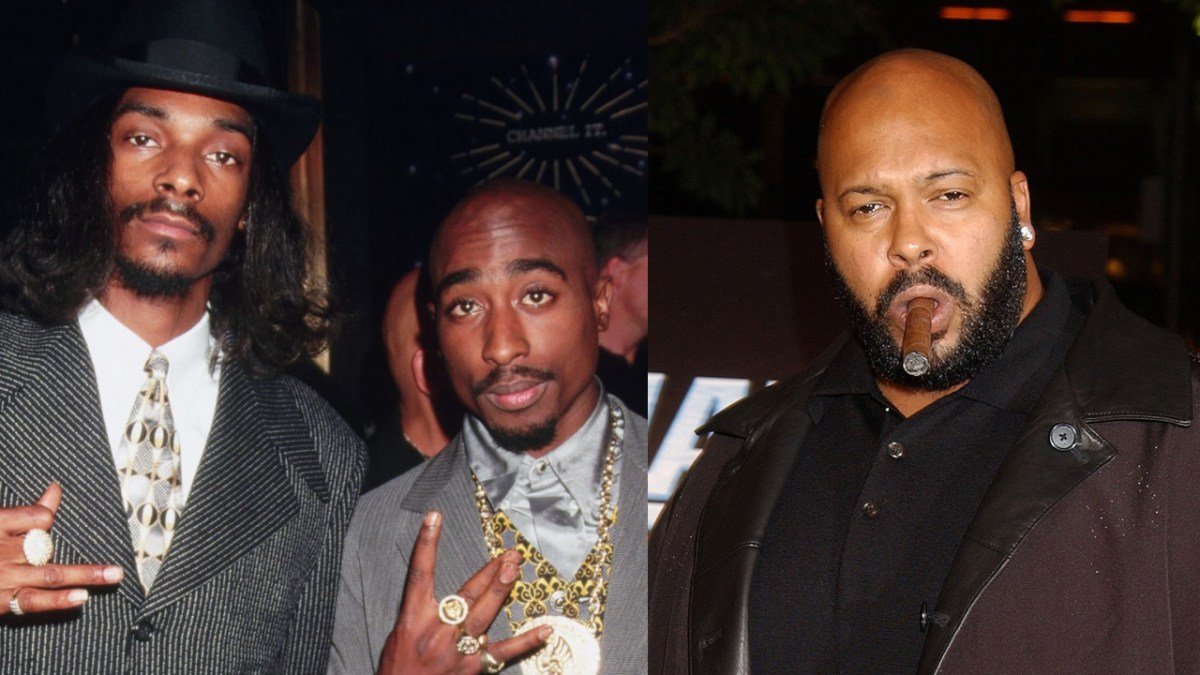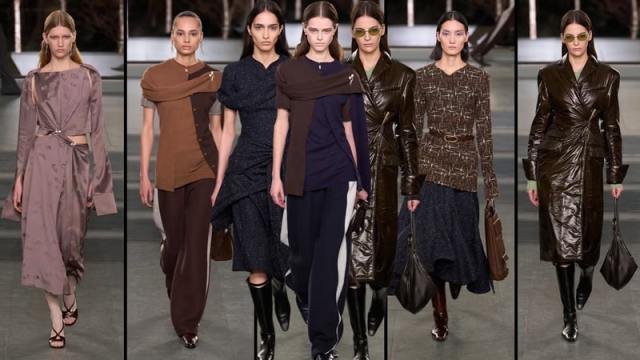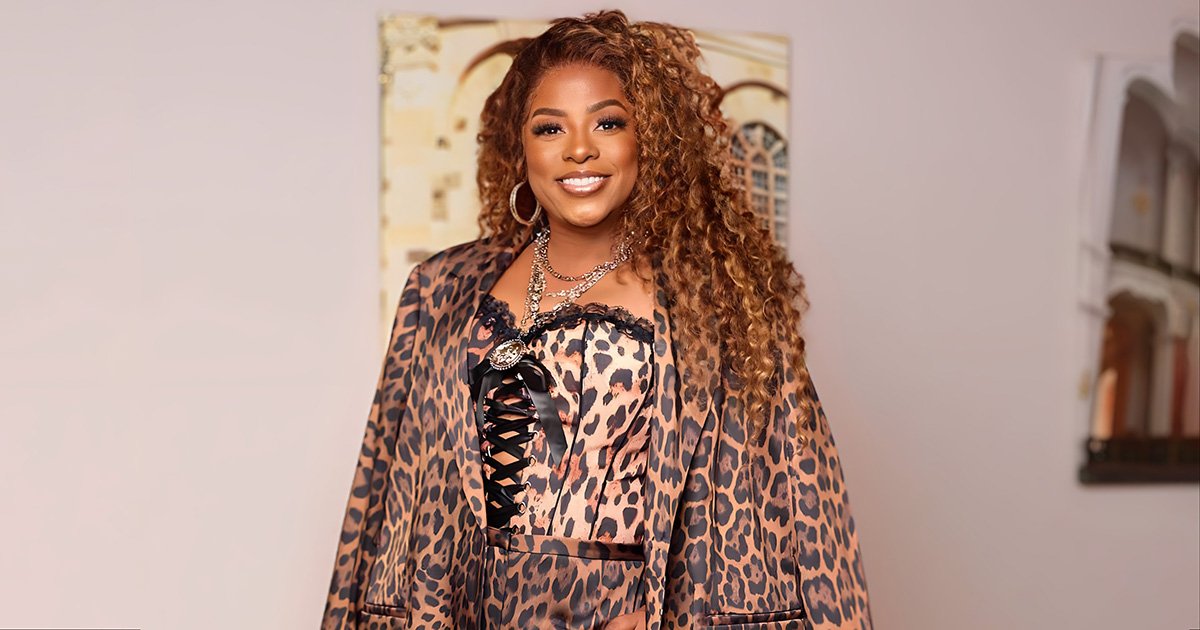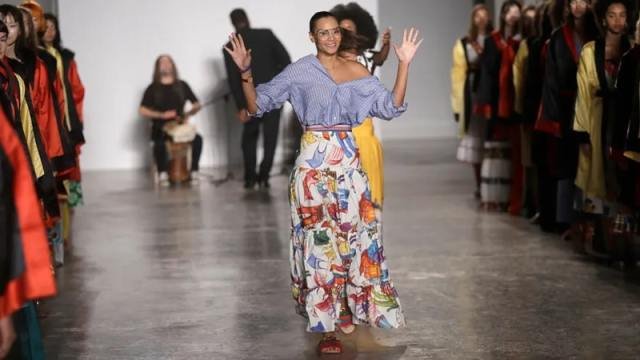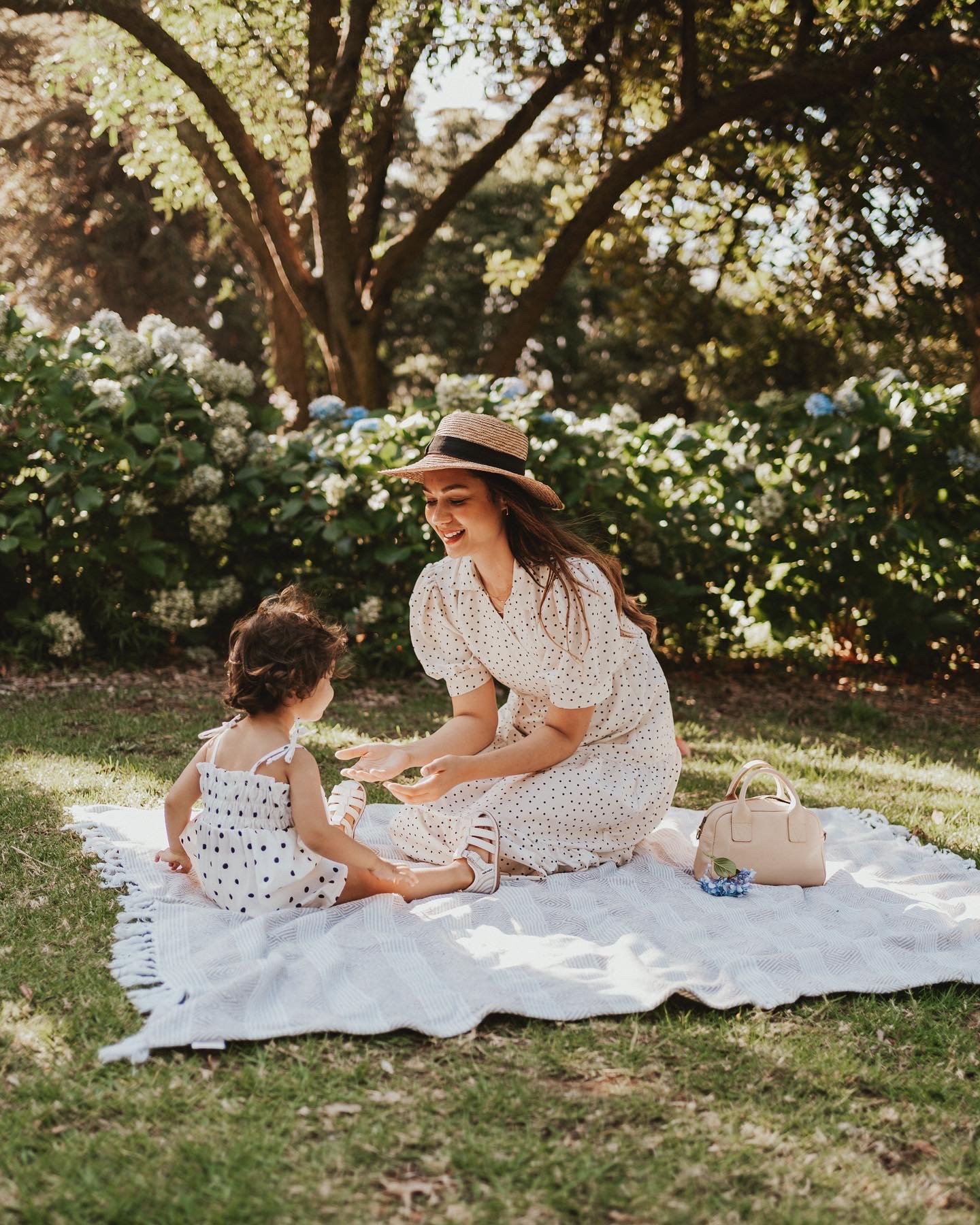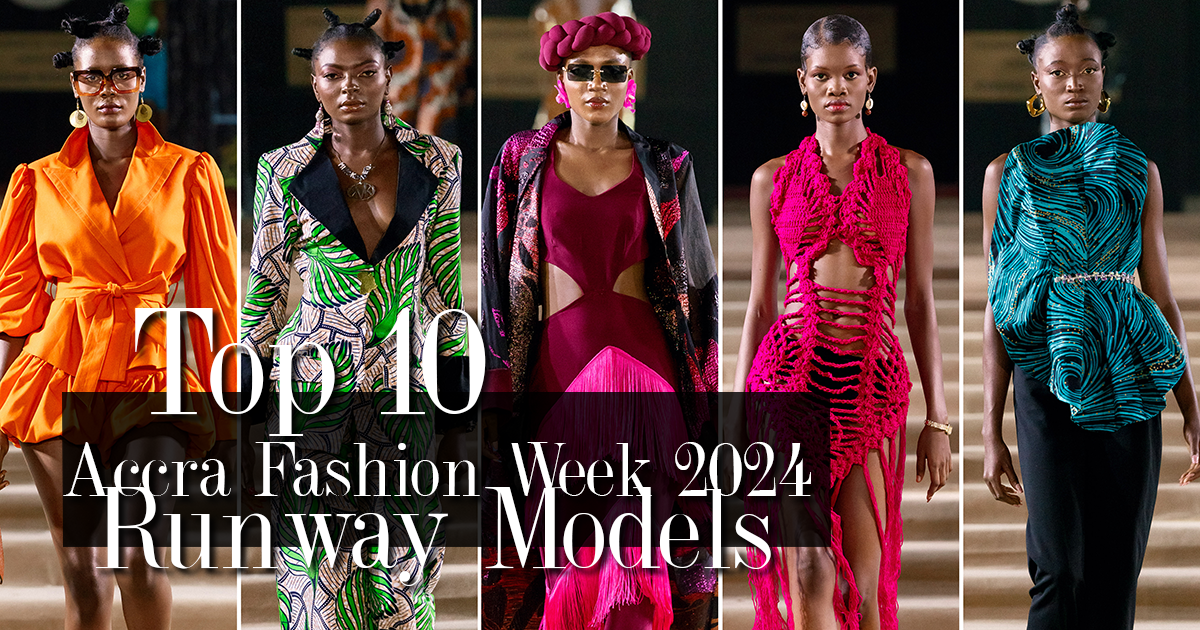When the topic of body shaming is discussed, the focus is often on plus-sized women facing criticism in the fashion industry for not conforming to slim beauty standards. However, in Ghana and many other countries, the narrative takes a different turn. While curvy figures are celebrated as the ultimate standard of beauty—dominating music videos, commercials, and brand endorsements—slimmer models often find themselves sidelined, not because they lack talent but because they don’t fit the curvaceous aesthetic that has become synonymous with desirability and commercial appeal.
For many fashion models who aren’t necessarily skinny but just naturally slim, finding work outside of high fashion can be a struggle. Commercial brands, photographers, and advertisers tend to favor women with fuller figures, reinforcing the notion that sexiness is defined by curves. In today’s digital age, where social media popularity directly translates to bookings and brand deals, many influencers and models gain attention primarily because of their body shape. This trend has made it increasingly difficult for slim models to compete, as their presence is often overlooked for the more “marketable” curvier figures.
The bias doesn’t stop at endorsements. Even within the creative industry, many photographers, music video directors, and casting agents lean towards the same body type, limiting opportunities for slim models who aspire to succeed in commercial fashion. And while high fashion runway shows embrace all body types, these gigs in Ghana often pay significantly less than commercial work, leaving many thin models struggling to make a living.
It’s time for a shift in perspective. Beauty comes in all shapes and sizes, and Ghana’s fashion and entertainment industries must do better in embracing diversity. Advertisers, casting agents, and creatives need to break free from the notion that only curvy women can sell a product or embody sex appeal2. Every woman deserves the chance to thrive without being judged by the shape of her body. True inclusivity means acknowledging that body shaming isn’t just a plus-size issue—it happens on all ends of the spectrum, and it needs to stop.
VISIT OUR SHOP
UPCOMING PRIORITY EVENTS!
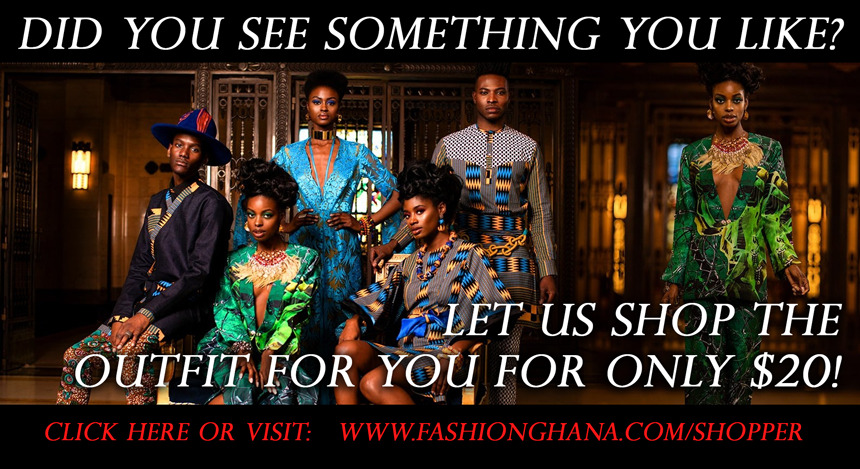 To Submit stories Email: submit@FashionGHANA.com or HashTag #FashionGHANA
To Submit stories Email: submit@FashionGHANA.com or HashTag #FashionGHANA

